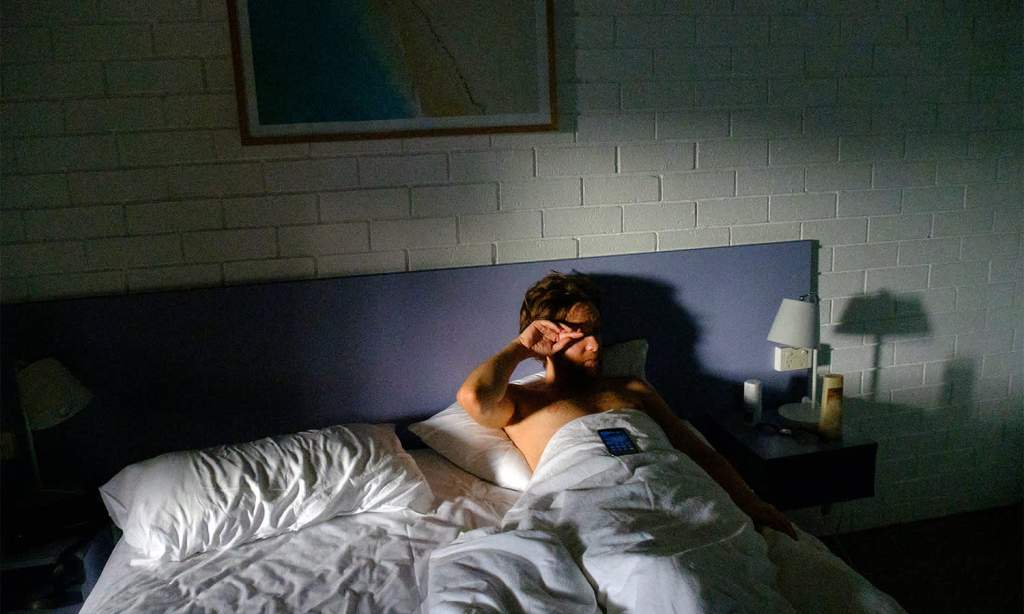‘Death to daylight savings’ will be the first thought of many in the southern and eastern states of Australia that practice the mind-bending bi-annual ritual on 3 April.
That’s right, this one is the bad one where we lose an hour of sleep and it gets darker in the evenings. Time is a concept, nothing is real.
Far from being a minor annoyance, daylight savings is actually a really heated debate, with passionate arguments on either side.
Those in favour say that it’s a huge economic as well as mental health boost. A University of Queensland study found that the Sunshine State loses out on $4 billion in lost productivity each year because of its lack of daylight savings. Having more light in the mornings during winter, and evenings during summer, means that we can better wake up and better enjoy our time in the sun.
However, the mental health impacts swing both ways, with the weight of evidence leaning towards the negative.
Ditching the practice would do more than save our curtains from fading and ensure the cows aren’t confused, as per former QLD Premier Joh Bjelke-Petersen. Here’s why daylight savings is actually really bad for our health.
The Health Impacts of Daylight Savings
Moving from daylight savings time, which we’re in now, to standard time, has been shown to have a number of detrimental impacts on our physical and mental health. The same is true for the other way round, entering daylight savings time, but the effects are slightly different.
Going back to standard time from daylight savings, or ‘falling back,’ as the Americans like to say, has been linked to an increase in seasonal affective disorder, or ‘SAD’. As we receive less sunlight, our circadian rhythms, which control sleepiness and wakefulness, start to get disrupted. This can cause a drop in the neurotransmitter serotonin, associated with happiness, and an increase in melatonin which can lead to feelings of tiredness and fatigue. Together, this can increase incidents of depressive episodes.
One Danish study found that there was an 11% increase in hospital admissions for depression immediately following the transition to standard time.
While the effect of turning the clocks back appear to predominantly affect our mental health, there are also studies that show disruptions to our sleep, an increase in road traffic accidents, a rise in cardiac issues, and an increase in the rates of stroke.
Going from standard time to daylight savings time has its own set of issues as well. Adjusting to having less light in the mornings plays havoc with our circadian system, taking us longer to wake up and feel alert in the mornings. The stress this puts on our bodies has been linked to a number of health conditions, including similar cardiac and stroke issues.
Beth Ann Marlow, the director of our sleep division at Vanderbilt University Medical Center in Nashville, Tennessee, actually testified in Congress to remove the back and forth of daylight savings time because of these issues.
“Based on abundant evidence that daylight saving time is unnatural and unhealthy, I believe we should abolish daylight saving time and adopt permanent standard time,” she has written.
As the clocks shift once again on 3 April, remember that you are more than justified in hating this practice and that there are solid reasons beyond being late for things to do so.
Read more stories from The Latch and subscribe to our email newsletter.







